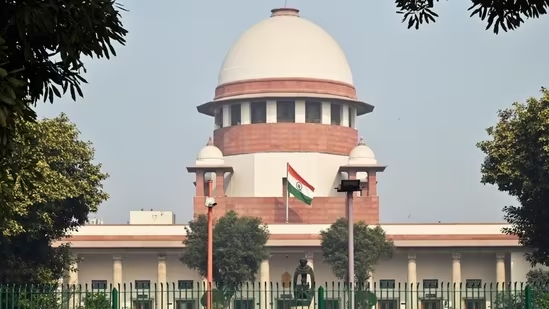

In a landmark decision, the Supreme Court on Monday overturned a 1998 verdict that granted immunity to lawmakers from prosecution for accepting bribes in exchange for speeches and votes in the legislature. The unanimous verdict was delivered by a seven-member constitution bench led by Chief Justice of India DY Chandrachud.
Chief Justice Chandrachud stated, “We have independently adjudicated on all aspects of the controversy. Do Parliamentarians enjoy immunity? We disagree and overrule the majority on this aspect.”
The 1998 verdict had previously ruled that Members of Parliament (MPs) and Members of Legislative Assemblies (MLAs) were immune from prosecution for bribery under parliamentary privileges conferred by Articles 105(2) and 194(2) of the Constitution.
However, the recent decision stems from a 2012 appeal involving Jharkhand Mukti Morcha leader Sita Soren, who was accused of accepting a bribe for a Rajya Sabha vote. The appeal, claiming immunity under Article 105, was dismissed by the Jharkhand High Court, leading to a challenge in the Supreme Court.
Chief Justice Chandrachud emphasized that “bribery is not rendered immune under Article 105,” highlighting that corruption and bribery by members of the legislature undermine probity in public life. He further stated that the offense is complete when a legislator accepts a bribe, regardless of when the vote or speech occurs. This decision marks a significant step towards ensuring accountability and transparency in legislative processes.